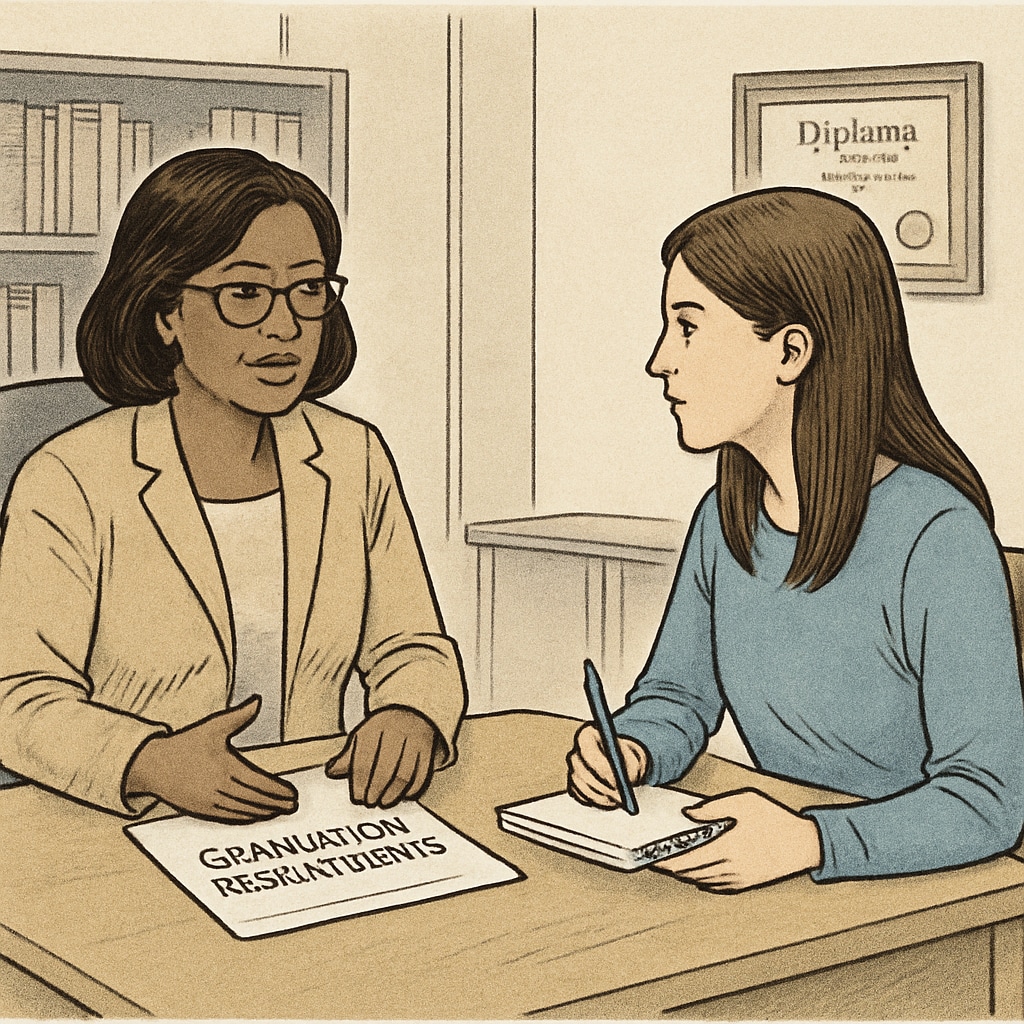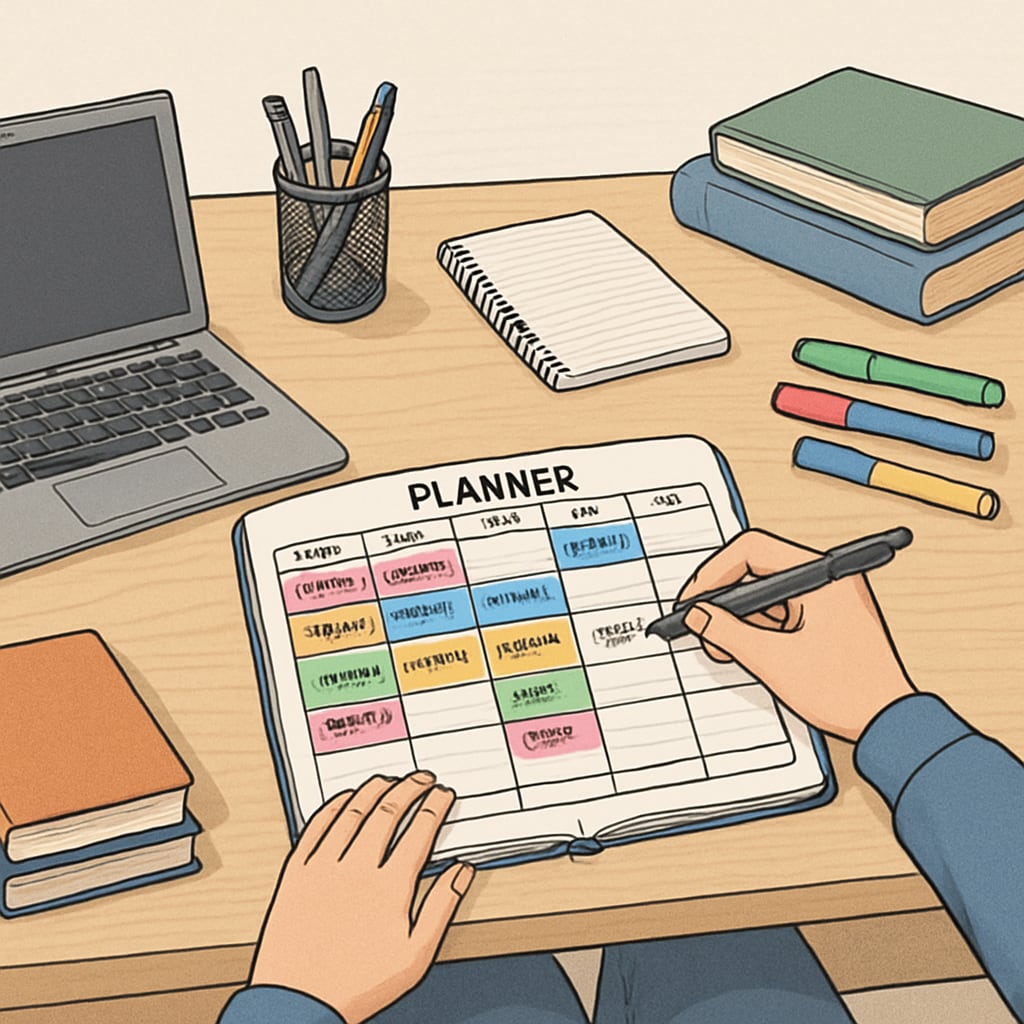Struggling with high school credits, ADHD, academic recovery can feel overwhelming, but it’s not impossible to turn things around. This article provides ADHD-friendly strategies to help students catch up on credits, manage their learning challenges, and create a clear path to graduation success. Whether you’re facing severe credit deficits or need to restructure your study habits, these actionable steps will guide you toward academic recovery.
Understand the Scope of the Problem
Before diving into solutions, assess the extent of your credit deficit and identify your school’s graduation requirements. Many schools offer counselors or academic advisors who can help you calculate how many credits you need and suggest tailored recovery options. For students with ADHD, it’s important to involve mentors who understand your unique challenges, ensuring that your recovery plan is both achievable and ADHD-friendly.

Common options for credit recovery include summer school, online courses, and independent study programs. For example, online learning platforms may offer flexible schedules and accommodations that cater to ADHD students.
Plan Your Credit Recovery Timeline
Once you know how many credits you need, create a detailed timeline to allocate your remaining semesters effectively. Break down each semester’s goals into manageable chunks, prioritizing the essential courses required for graduation. For ADHD students, incorporating visual aids like color-coded planners or digital reminders can help track progress and reduce overwhelm.

In addition, ensure that your plan includes buffer time for unexpected challenges. ADHD symptoms such as difficulty focusing or procrastination can occasionally derail plans, so building flexibility into your timeline is crucial.
Utilize ADHD-Friendly Study Techniques
ADHD students often benefit from specific learning strategies tailored to their needs. These include:
- Breaking study sessions into short, focused intervals (e.g., 25 minutes with 5-minute breaks)
- Using tools like noise-canceling headphones or apps to minimize distractions
- Creating a dedicated, clutter-free study space
- Incorporating movement or tactile activities into study routines
These strategies can make studying less daunting while increasing productivity and retention.
For additional tips, explore resources on ADHD management that offer both academic and lifestyle guidance.
Communicate with Teachers and Support Staff
Effective communication is vital for ADHD students facing academic recovery. Reach out to teachers, counselors, and school administrators to discuss your situation and ask for accommodations. These might include extended deadlines, modified assignments, or access to specialized tutoring. Most schools are willing to work with students on Individualized Education Plans (IEPs) or 504 Plans, which legally guarantee support for ADHD-related challenges.
In addition, don’t hesitate to advocate for yourself. If you feel overwhelmed, involve a parent or mentor to help communicate your needs clearly with the school.
Stay Motivated and Track Your Progress
Recovering credits while managing ADHD requires persistence and motivation. Celebrate small victories, such as passing a challenging course or completing a semester goal. Use tools like progress charts or reward systems to stay motivated and visualize your success.
Finally, surround yourself with a supportive network. Friends, family, or study groups can provide encouragement and accountability as you work toward graduation.
Conclusion: Regaining Control Over Your Academic Journey
While high school credits, ADHD, academic recovery may seem daunting, a structured approach can make all the difference. By leveraging school resources, creating personalized plans, and using ADHD-friendly strategies, you can close the credit gap and graduate on time. Remember, each step forward is a victory—stay focused, proactive, and positive as you work toward your goals.
Readability guidance: Use short paragraphs with clear transitions like “in addition” or “however.” Aim for concise sentences and actionable advice, ensuring the article is accessible to ADHD readers. Avoid excessive jargon or overly complex structures.


